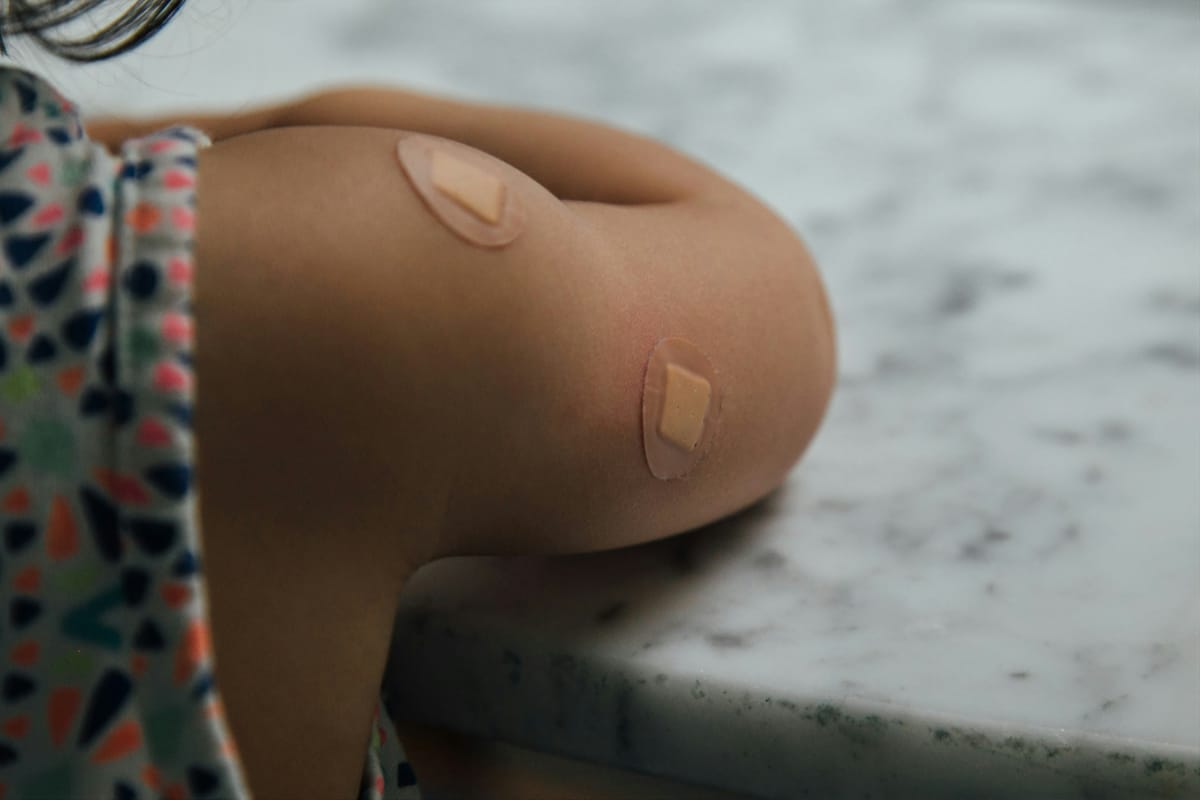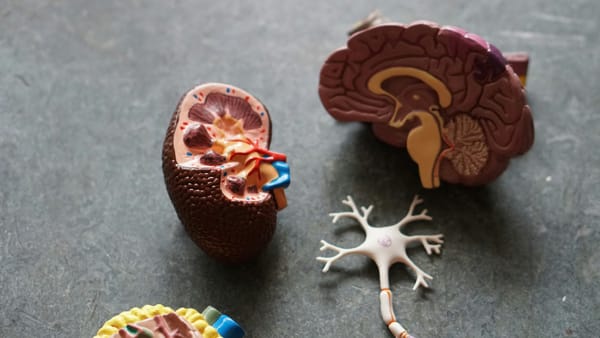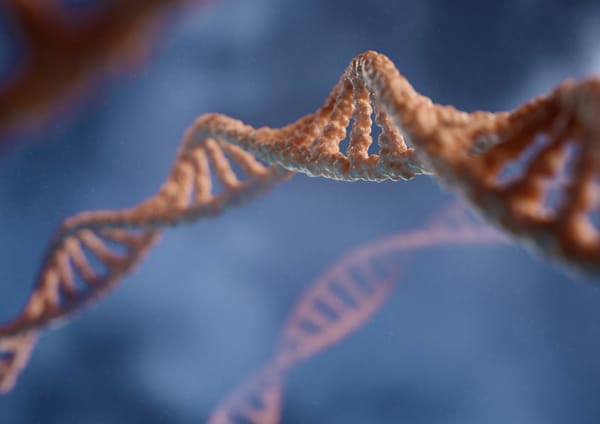News Briefing: 10/27 - 10/31

10/27 – Kivu Raised $92 Million in Series A
Kivu Biosciences, an antibody-drug conjugate biotech startup, has raised $92 million in a Series A funding.1 The company is working with the GlycoConnectTM technology from Synaffix that attaches its proprietary linker-payloads specifically to asparagine-297, a highly conserved native glycan around N300.2 The technology involves label the glycan with azidosugar and transfer the linker-payload via metal-free click chemistry. The linker-payload consists of a bicyclo[6.1.0]non-4-yne linked to a polar acyl or carbamoyl sulfamide moiety (HydraSpaceTM) on top of PEG as the spacer. This moiety offers advantages in manufacturability, ADC stability and targeting specificity. It has been shown to achieve better safety and efficacy in a head-to-head comparison to Adcetris and Kadcyla in several in vivo models. The spacer is then linked to a protease-sensitive cleavable moiety (CM) for payload release and the toxic payload (topoisomerase inhibitor targeting cancer cells under SYNtecan ETM, or other payloads like DNA damaging agent or microtubule inhibitors2). The company is hoping to achieve more potent and precise ADCs with GlycoConnectTM technology to overcome the challenges of limited ADC efficacy due to premature release of payload.
Reference:
2. https://synaffix.com/platform/technology/
3. https://doi.org/10.3390/antib7010012
10/28 – Novartis Acquires Molecular Glue from Monte Rosa
The Swiss pharma is paying $150 million to Monte Rosa Therapeutics’ gain access to a molecular glue degrader (MGD), MRT-6160, targeting the T-cell and B-cell signaling protein VAV1, traditionally conceived to be undruggable.1 VAV1 controls the release of pro-inflammatory cytokines. Degrading VAV1 brings the benefit of targeting a group of cytokines all at once compared to modulating individual cytokines. Novartis and Monte Rosa are hoping to target a variety of autoimmune diseases with MRT-6160. The drug is close to the end of the Phase 1 trial in healthy volunteers with data expected the first quarter of 2025 and starting Phase 2 trials next year managed by Novartis. The drug is developed by Monte Rosa’s Quantitative and Engineered Elimination of Neosubstrates (QuEEN™) platform that uses AI-driven MGD design combined with structural biology, high-throughput screening and proteomics to identify, select and improve MGDs.2 The company is in another partnership with Roche exploring the potential use of molecular glue degraders in cancer and neurological diseases in an upfront $50 million deal.
Reference:
2. https://www.monterosatx.com/science/
10/28 – AbbVie to Acquire Alzheimer’s Medicine
AbbVie is paying Aliada Therapeutics $1.4 billion after assessing the potential of their clinical sage Alzheimer’s disease anti-amyloid-beta drug candidate, ALIA-1758, and their Modular Delivery (MODEL) platform to deliver cargoes to CNS across the blood-brain barrier (BBB).1 The drug is in a small Phase 1 trial involving healthy volunteers with an estimated completion time in January 2025.2 ALIA-1758 is developed using the delivery platform first created by J&J scientists and licensed to Aliada to further develop the science. It consists of a disulfide stapled single-chain variable fragments (scFv) targeting either the CD98 or transferrin receptors on the epithelial cells in the BBB further linked to a versatile group of large molecule cargoes like oligonucleotide with engineered Fc domain, peptide, antibody, enzyme and protein.3 The MODEL platform binds to the targeted receptor to initiate transcytosis and further transports the cargoes into the resident cells inside the brain like neurons, microglia and macrophages that also express these receptors via endocytosis. With this technology, AbbVie will have access to potential treatment to many neurological diseases that require passing a drug through the BBB. The company will compete with other BBB-crossing technologies like Eli Lilly and Qinotto’s QinoTrans platform,5 Eisai and BioArctic’s BrainTransporter technology,6 and Roche’s Brainshuttle technology.
Reference:
1. https://aliadatx.com/press-publications/
2. https://clinicaltrials.gov/study/NCT06406348
3. https://aliadatx.com/platform/
4. https://doi.org/10.1016/j.medj.2022.09.007
6. https://www.bioarctic.com/en/therapeutic-areas/our-technology/brain-transporter-technology/
7. https://www.roche.com/stories/brain-shuttle-in-research-technologies
10/29 – Crescent Biopharma Beating Keytruda in Cancer Immunotherapy
Crescent Biopharma announced a reverse merger with a public company GlycoMimetics, a company with an acute myeloid leukemia drug uproleselan that recently failed a Phase 2/3 trial in improving event-free survival rate on top of chemotherapy.1 Crescent raised $200 million with GlycoMimetics to fund the research on its PD-1 and Vascular endothelial growth factor (VEGF) bispecific inhibitor. The successful Phase 3 trial of ivonescimab, another PD-1/VEGF bispecific antibody developed by Akeso and Summit, with Chinese only patients showing reduction of lung cancer progression or death by 49% has ignited the competition in this field white-hot, besting the leader in immunotherapy Keytruda.2 Crescent said its drug is an even improved version of ivonescimab with an advantage in “strategic molecular design”.
Reference:
10/30 – Nobel Laureate David Baker’s Spinout Startup Archon Biosciences
The 2024 Nobel Prize winner David Baker is launching a start-up, Archon Biosciences, aiming to use computational protein design algorithms to tune antibody into specific structures for improved bioavailability and binding affinity to drug targets. This class of biologics is called antibody cages (AbCs) with advantages in self-assembly and easily automated and scalable manufacturing. Archon is one of more than 20 companies that spin out from David Baker’s lab.
Reference:
10/31 – Ventus Entering Lupus Drug Space after GSK Acquiring T-Cell Engager
Ventus concluded success in a Phase 1 study of its first-in-class oral, small molecule cyclic GMP-AMP synthase (cGAS) inhibitor, VENT-03, in healthy adults.1 The company is initiating a Phase 2 study of VENT-03 in treating patients with systemic lupus erythematosus (SLE) in 2026. The drug is obtained after identifying the cGAS active site conformation via solving the high-resolution co-crystal structure of cGAS using the company’s ReSOLVETM PLATFORM and optimizing compounds for potency and PK properties.2 cGAS is implicated in in a variety of auto-inflammatory diseases including lupus and other neuroimmune or neurodegenerative diseases, targeting which gives Ventus a portfolio of products. The news follows GSK’s licensing of a bispecific T-cell engager targeting CD19 and CD20, CMG1A46, for leukemia and lymphoma from Chimagen Bioscences.3 GSK is seeing potential in this drug in engaging T cells to deplete malfunctioning B cells and therefore treating B-cell driven diseases like lupus and other related autoimmune diseases. Merck has previously acquired a T-cell-engager bispecific antibody targeting CD3 and CD19 B-cells from Curon Biopharmaceutical.4 Zenas has a CD19 and FcγRIIb-targeting bispecific drug obexelimab in treating lupus and multiple sclerosis.5 Roche is developing its fully human, bispecific antibodies based on its DutaMabsTM and CrossMAb technologies.
Reference:
2. https://www.ventustx.com/pipeline/cgas/
6. https://www.roche.com/stories/bispecific-antibodies-in-reasearch-technologies



